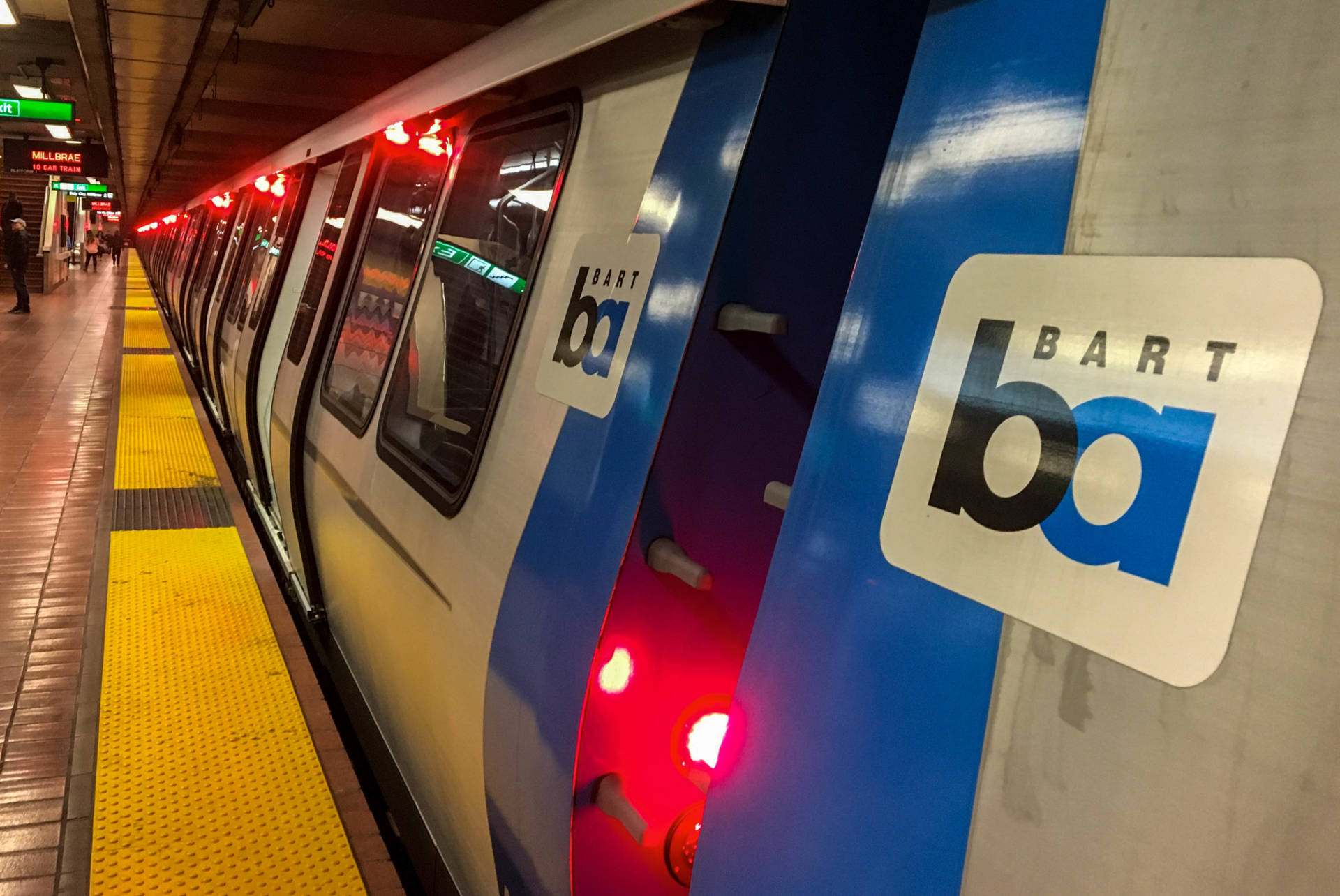Update, 12:30 p.m. Thursday, June 27: BART said Thursday that it’s still investigating an incident earlier this week in which one of its new trains shut down, forcing 421 passengers to exit through a tunnel in downtown Oakland.
The agency says it has determined the problem Monday began with malfunctioning air compressors on two adjacent cars on the eight-car train. That problem disrupted communication between the train’s lead “cab” car and the two cars with the compressor problem, BART said in a brief statement.
“This resulted in the train failing in a safe mode and being rendered unable to move,” the statement said.
BART spokesperson Alicia Trost said in an email that technicians continue to run diagnostic tests on the two malfunctioning cars. The train’s other six cars have been returned to service.
The vehicles, which cost about $2 million each, are part of the new fleet BART began introducing into service last year.

